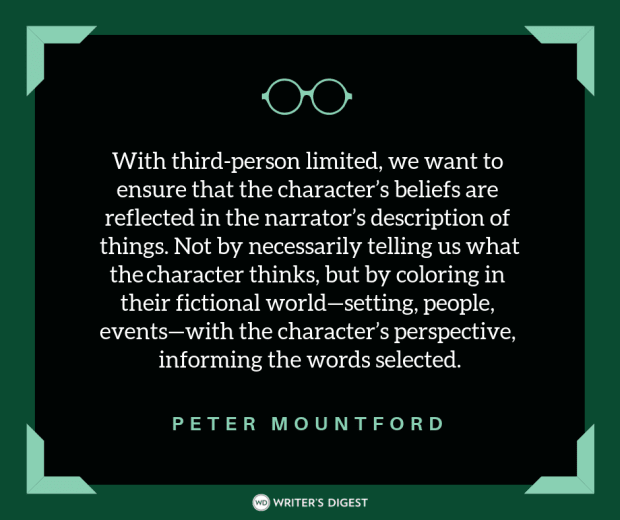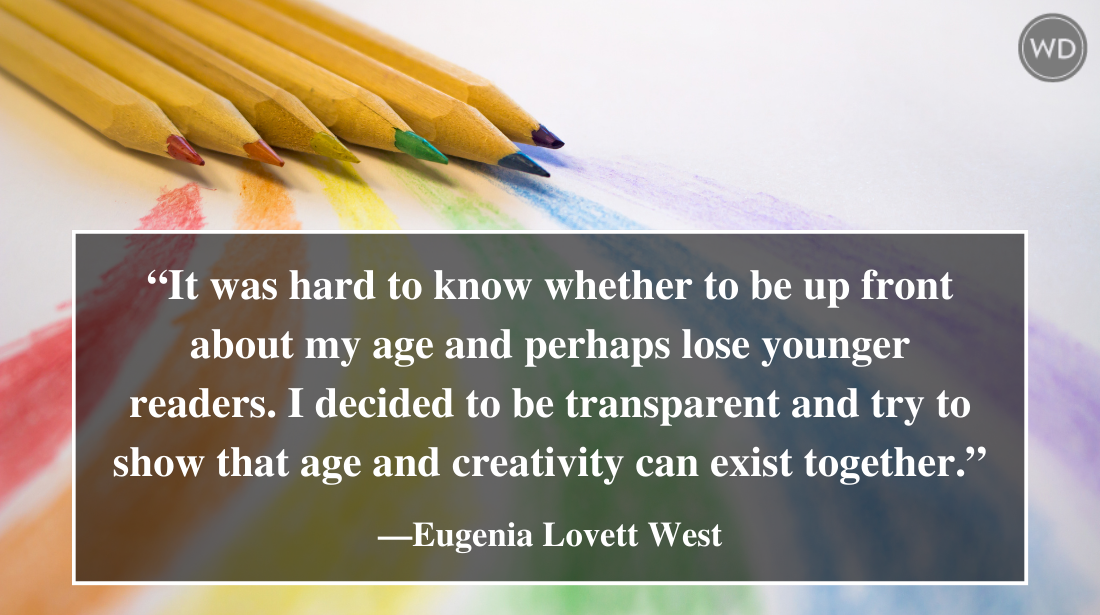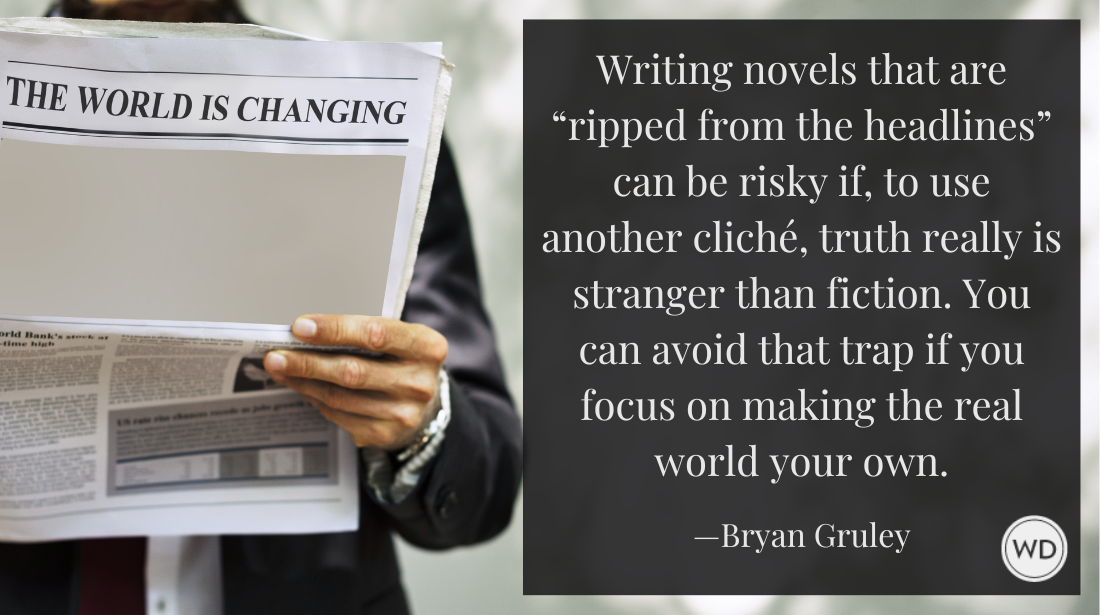Cliches for Aspiring Writers
Today’s guest post is from Rafael Yglesias. Rafael Yglesias is a master American storyteller whose career began with the publication of his first novel, Hide Fox, and All After, at seventeen….
Today's guest post is from Rafael Yglesias. Rafael Yglesias is a master American storyteller whose career began with the publication of his first novel, Hide Fox, and All After, at seventeen. His fiction is distinguished by its clear-eyed realism and keen insight into human behavior. Follow him on Twitter, and see his books and more videos at Open Road Media.
--
“Always try the cliché first,” Roman Polanski said to me when I confessed I didn’t know how to approach a particular scene. “It usually works. That’s why it’s a cliché.”
As is true of most aphorisms, especially the wittier ones, his advice is helpful in almost all situations, but when wrong it’s disastrous. That’s why Polanski included the clever exception, “It usually works.”
Sadly, for those who are busy sawing off their feet to escape the trap of clichés, every story is chock full of them and sometimes depends on an especially hoary one. The solution, to borrow another aphorism, is to aim without aiming. What really makes a work original is you. It is the writer’s particular experience and sensibility that infuses a cliché with the oxygen rich blood of its original life.
The same caveat applies to the famous advice given to all neophyte writers, “Write what you know.” The implication is autobiography in some form: memoir, fiction in which you are the main character, stories about your family, your background, someone you know well. But the advice is too banal to be useful to a young writer without an obviously compelling story to tell.
What if you are unlucky enough not to have endured the Holocaust, witnessed Apartheid, or been sexually abused by your father? What if you feel that the world you know, although thoroughly unpleasant, is also very dull? Or has been written about so well by another that you have nothing to add?
It’s hard to conceive of someone who could work for at least a few hours each day for months and years on the same story without it being close enough to their life experience to fuel their commitment. When a writer chooses characters that seem far away from what he or she has direct experience of—say Updike’s first novel, The Poorhouse Fair, about the elderly residents of the Diamond Home for the Aged written when he was twenty-six—it’s rarely their first writing. Updike had been publishing in The New Yorker for years and before that in the Harvard Lampoon. Besides, the setting of Poorhouse, its social milieu, the old folks themselves, were people and a place Updike did know well.
And who knows the world of The Hobbit better than Tolkien? One can argue that fantasy and science fiction novelists write more out of what they know than any autobiographical writer. They are the creators of everything in their work and can’t be disputed as inaccurate by a reader, except when they internally contradict themselves, whereas readers of realistic fiction may compare their world to the book’s and quibble about whether authors really do know what they claim to.
“Write what you know.”
But what do you know? Is it compelling? I don’t mean to your readers. To you. You will keep company with your writing longer than anyone else. (Unless you’re Tolstoy and your wife copies all your manuscripts by hand seven times over.)
If your subject doesn’t involve emotions, ideas, truths and lies that delight, frighten, soothe and enrage you, how can you expect it to fascinate a stranger? Whether you want to entertain or to provoke, to break hearts or reassure them, what you bring to your writing must consist of your longings and disappointments.
Arthur Conan Doyle was entranced by the notion of a brilliant detective who can deduce everything a stranger has been up to from the merest clue, and yet can’t have a trusting relationship with his closest friend. Sherlock Holmes thrilled readers. Doyle came to feel claustrophobic about the success of his popular creation and killed him off. His addicted audience was so outraged he dutifully brought Sherlock back. But Conan Doyle didn’t start with that boredom or cynicism. He invented Holmes because he longed for Holmes to live and so he knew him.
Another cliché: “Know your audience.”Of course you must know your audience, especially if you’re writing about them. Once you know them inside and out you must forget them. The paradox of writing as a form of communication is that the receiver stretches into the distance of an infinite and unknowable future, too unpredictable to worry about.
My father, Jose Yglesias, was born in 1919 to a desperately poor family in Ybor City, a Latino community of emigrant cigar-makers in Tampa, Florida. He struggled for years to become a published novelist, an ambition from adolescence that he worked at in between being a busboy, assembling radios on a factory line, fighting in World War II and working at Merck as a sales executive while supporting a family in the 1950s. His first published novel, actually the third that he had written, came out when he was forty-three. Its setting was his home town, its characters the emigrant cigar-makers and their Americanized children. Ybor City is a fascinating community that was dying out by the 1960s.
I am confident that my father’s fourteen books, most of them about the world of Ybor City and its people, would have been bestsellers if, when they were published in the 60’s, 70’s and 80’s there had been hundreds of thousands of book buyers in the United States whose ancestors had emigrated from Spain and Cuba in the late nineteenth century. There weren’t. They were hardly any. One of my father’s books was serialized in its entirety in The New Yorker in 1967. It didn’t sell many copies in hardcover and was never a paperback, despite rave reviews and the magazine’s prominent pre-publication.
When my father was dying in 1995 all of his books were out of print and he had been unable to find a publisher for his previous two manuscripts. He was lying in a hospice bed, three days before the end, when I brought him the news that Arte Publico Press would be reissuing his old novels and bringing out two new ones, including one of his very best, The Old Gents. Those posthumous publications have brought him new readers. Not enough, but the story isn’t over. Although many Latinos in the United States come from different countries than Cuba or Spain, one day they may discover as a group that they have their very own version of Isaac Bashevis Singer, that Jose Yglesias was a pioneer chronicler of the Latino emigrant experience, and then I suspect Dad will be read by hundreds of thousands, perhaps millions.
Another pithy cliché: “Write what you want to read.” My mother, Helen Yglesias, was eager to be a novelist and wrote her first in three notebooks when she was seventeen during the Depression. When her much older brother Charles, who at the time was supporting a bankrupt father, an exhausted mother and eight siblings, discovered that Helen had used her emigrant Jewish family as the basis for her story he shamed her. He raged and demanded that she destroy the notebooks. She tore out the pages in manageable bunches, lit them on the kitchen stove and watched them burn in an empty soup pot. She didn’t write another novel until she was fifty-four.
How She Died was published to great acclaim and good sales, as was Family Feeling, a portrait of her family that she fictionalized for her second novel. By the time of her death she had published six books. Having been forbidden fr
om writing what she wanted, although that injunction was eventually sustained by her own guilt, stymied her for decades and barred her from a party that she could rightfully have hosted. She didn’t want to read what she wrote. It made her sick to her stomach to read her own work, she often said, and she meant it. But that painful exercise, her writing, was Helen Yglesias’ greatest source of satisfaction and a timeless gift to the world.
Don’t write what you know.
Don’t write what you love to read.
Don’t write what publishers are looking for.
Don’t write what critics are hailing.
Don’t write what your creative writing teacher claims is the only form of literature that is still dynamic.
Write what horrifies you, write what charms you, write what repels you, write what you love, write, to be aphoristic, what you cannot stop yourself from writing.
Yes, you will have to find “your voice,” and yes, you will have to learn the craft of writing, which is endlessly demanding and so varied that you will probably never feel you are more than a clumsy student. And don’t limit yourself to study only the craft necessary to produce your particular kind of writing. Also learn how the writers you have contempt for do what they do; you may discover something useful for your work.
But all of those necessary skills are servants to your Lord and Master: write what you cannot stop yourself from thinking about, even if it disgusts everyone you know. Readers read to subsume their consciousness, for a profound but limited time, into another’s. Some want reassurance, some want challenge. Some want pleasant lies, some painful realities. You may be unlucky and be fated to have a small audience. That’s too bad. (By the way, it is the fate of almost every writer.)
Over time, if you work hard and write what obsesses you, there will be readers who will want to live in your peculiar universe, and precisely because what you have provided is rare they will be all the more grateful for your creation.
--
Jane Friedman is a full-time entrepreneur (since 2014) and has 20 years of experience in the publishing industry. She is the co-founder of The Hot Sheet, the essential publishing industry newsletter for authors, and is the former publisher of Writer’s Digest. In addition to being a columnist with Publishers Weekly and a professor with The Great Courses, Jane maintains an award-winning blog for writers at JaneFriedman.com. Jane’s newest book is The Business of Being a Writer (University of Chicago Press, 2018).









